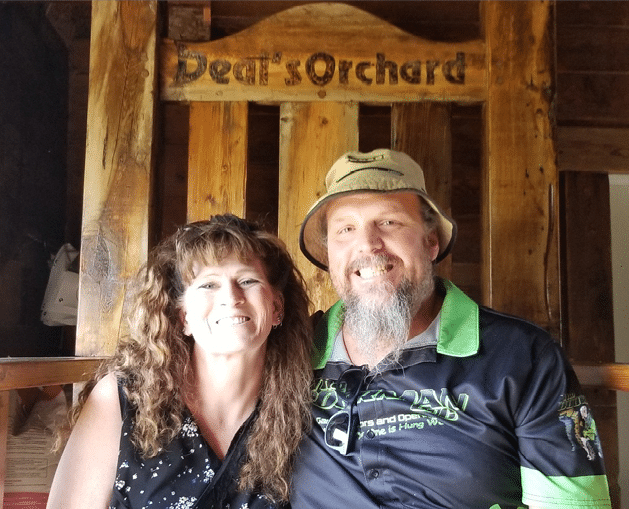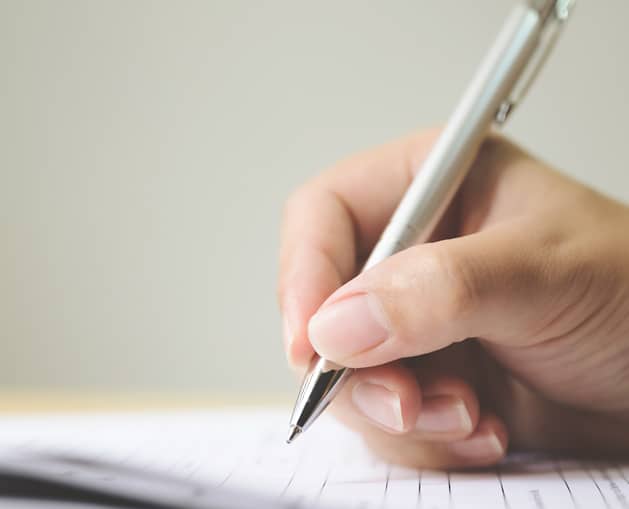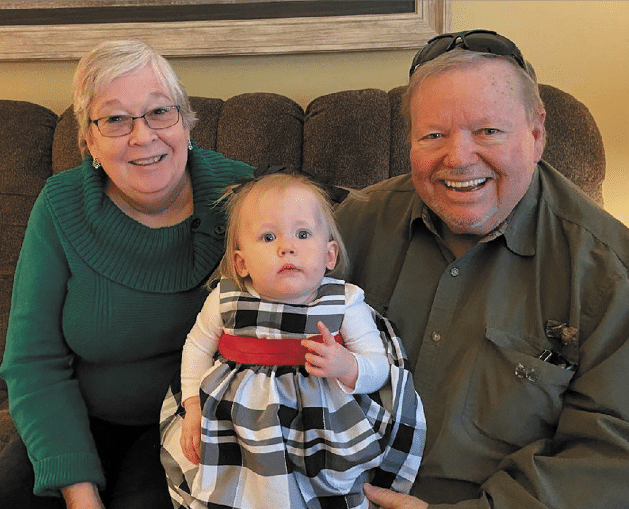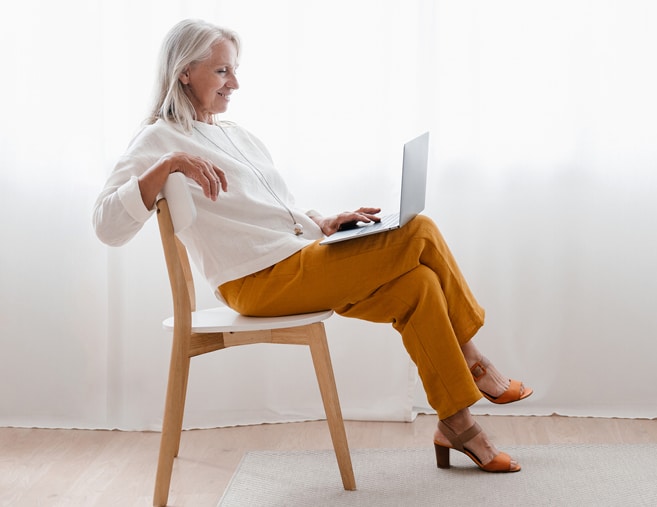Introduction
Janaki K., ZOLL: Thank you for joining us Mrs. Harding. Before we talk about your struggle with central sleep apnea (CSA), can you tell me about yourself?
Shelly Harding, remedē® patient: Well, I will be embracing my 50th birthday on St. Patrick’s Day. I have been married for 18 years and have a 24-year old son. We live in Casper, Wyoming. We enjoy spending time with family. Our older nieces and nephews have kids and we enjoy going to their games. I also enjoy walking, stamping, and baking.
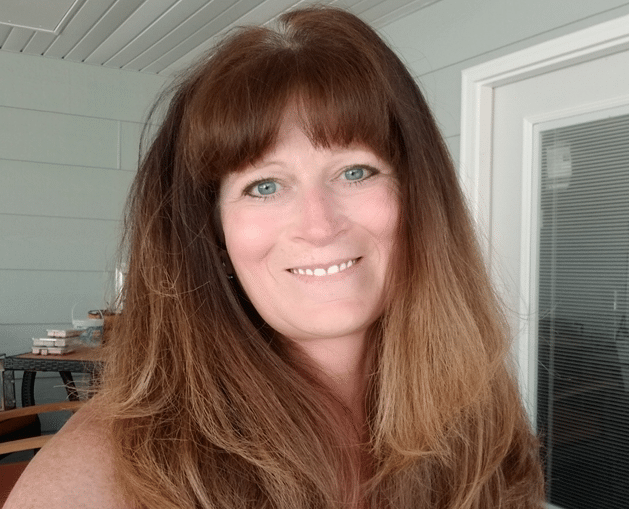
Living with central sleep apnea
Janaki: Thanks Shelly. It sounds like you keep yourself busy! Let’s talk about how CSA may have started affecting you and the activities you enjoy prior to you getting treatment.
Shelly: When I was in my twenties, one of my girlfriends noticed that I snored a lot. For example, when we would go camping she would say that I snore very loudly. More recently, I began finding myself waking up gasping for air. My husband would tell me that I would often stop breathing for really long periods of time. So, I started getting sleep studies. Unfortunately, where I live, it’s very hard to find and keep a doctor. A doctor would do a sleep study and say “We’ll get with you in a few weeks to go over the results.” Then it would be six months and that doctor was gone. The new doctor didn’t like the old doctor’s sleep study. So, we did another sleep study. That cycle kept repeating itself, and I’ve been fighting this for about 25 years.
During those years I went from being very active to just being tired all the time. For example, I would go to the movies and I would fall asleep. Over the years, my health started to deteriorate; I got sick and just never felt like I could sleep at night.
Exploring Treatment Options for Central Sleep Apnea
Janaki: Prior to getting a CSA diagnosis, were there other treatment options that you had tried?
Shelly: I did. I tried BiPAP. I used it in a couple of my sleep studies and then they sent me home with a few different masks to try on at night. But, I did not try it for very long – maybe less than a month. I then went back to my doctor and he said that the device was not really helping my case.
Getting the remedē System
Janaki: How did you finally get diagnosed with CSA?
Shelly: I didn’t know I had CSA until I met Dr. Nagle a little over a year ago. He did a sleep study and found out that I had central sleep apnea. He referred me to Fort Collins and told me they had a device called remedē which could work for me. I went home that day and looked up remedē and found out that I could be a candidate for therapy.
Janaki: Can you tell me about the decision process for getting remedē? Did you have any concerns?
Shelly: Well, I already had a previous implant – a spinal cord stimulator for back pain – so I was familiar with an implant. Also, I knew that having a mask such as a CPAP or BiPAP would not solve my problem because my body was not breathing. So, looking into remedē and how it helps you breathe is why I decided to go ahead with the therapy. The only concern I really had was that the hospital was 4 hours away, so if something went wrong or wasn’t right, it would be 8 hours back and forth and that would take up the whole day.
Janaki: How was the healing process following the procedure? How did you feel?
Shelly: I was worried about moving my right arm because everybody stressed a lot about it. They asked me not to move it much for the first month and I was worried that I might pull the leads or something might go wrong. Also, the site of the incision was slightly sore for a few days, but nothing that an Ibuprofen and ice could not cure. Overall, the healing process was pretty smooth.
Janaki: How did it feel once the device was activated?
Shelly: The first night after the device was activated, I went to bed and felt it turn on. Then I slept well through the night and woke up feeling well-rested. My husband said that he watched me sleep all night. He was really excited about the device.
Living with treated central sleep apnea
Janaki: Now that you have had remedē for a while, how do you feel?
Shelly: To begin with, I don’t feel the need to take a nap at 10 o’clock in the morning or two o’clock in the afternoon. I feel younger, healthier, and have more energy. I can watch a movie and not fall asleep. I go to my niece’s games and don’t fall asleep in a crowd like I used to do. I’m a happier person and my mood is much better throughout the day. People around me have also noticed that I am a lot more patient and don’t get angry very often.
Janaki: Thank you for sharing your story with us Shelly, and we are glad that you are sleeping and feeling better.
